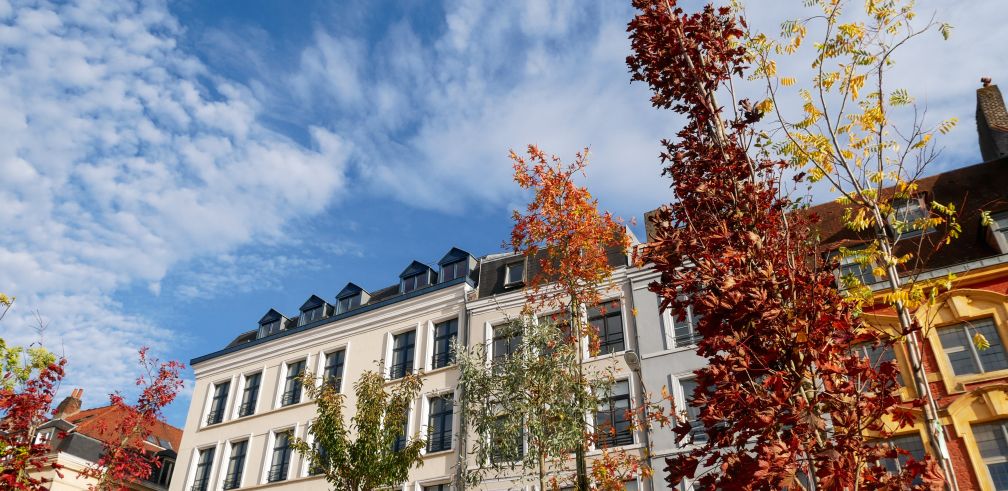Tree Planting
Determine the following:
- Any underground or overhead services that will be badly affected by your tree.
- When your tree is 20 years old or more how much shade will it produce. Big leaves will provide more shade, small leaves dappled shade.
- Is your soil suitable for the tree you have chosen. Ph, depth, loam or clay etc
- Will your tree disturb your neighbours?
- You can plant most trees within 5 feet of your building provided you don’t have a wet crawl space or basement.
WHICH TREE
What type of soil do you have, loam, sandy, clay?
Some trees like a wet spot and some prefer a dry soil.
To determine which tree is suitable examine the conditions where you want to plant and research trees that grow in this type of environment.
- Do you want to provide shade to your house or your property?
- How big will it get; will adjacent trees grow faster and bigger?
- Have you considered a Food tree?
- Deciduous or evergreen?
PLANTING A POTTED TREE
- Dig where you will least disturb the roots of other trees and place the dug soil on a tarp.
- Dig a hole that will allow your tree to be planted at the same depth at which it grew. Place a stick across the hole to help you place the tree bowl at the correct depth.
- Your hole should be thrice as wide as it’s depth ,to allow the roots to spread out.
- Use mostly native soil. If you plant a tree in clay you must back fill with clay or you may be creating a swimming pool for you tree roots.
- Put stakes on two sides of your tree before you backfill.
- Check from all sides to see if you have placed the tree upright. As you are filling keep checking.
- Half fill your hole with water to see how quickly it drains. If it takes a long time to drain make sure you are plating a tree that likes its roots wet (like a willow).
- Remove the tree from its pot or wrapping trim the exposed roots and spread them.
- Backfill a little then water some then backfill a little more then backfill and so on. Backfill to the level of the surrounding soil.
- Gently tamp the soil around the newly planted tree with your foot to reduce air pockets around the roots.
- Mulch with leaves, or suitable organic material, forming a watering ring around the tree.
- Water thoroughly at a slow rate for approximately one hour.
- Tie your tree to the stakes with material that will not fit tightly to the tree trunk.
- Place a protective sleeve around the base of the tree trunk.
- Water weekly in the summer months unless you have planted in a low area that easily collects water.
PLANTING A BARE ROOT TREE
CARING FOR YOUR TREE
- Water for the first two years in the summer months and in droughts.
- Clip away damaged or diseased branches close to the trunk.
- Watch for infestations of pests that you type of tree is susceptible to.
- If you need to trim your tree back do not cut any more than a quarter of its branches a year. Trimming should be limited to fall and winter months.
- Look for cracked trunks. This can happen in the winter when one side of the tree is getting a lot of sun.
- If you tree is carrying a heavy load of ice or snow try to remove the burden as soon as possible . Leaving ice or snow on boughs can permanently damage the form of your tree.
- Do not rake up leaves in the fall , leaves provide nourishment for your tree and habitat for a lot of wildlife.
